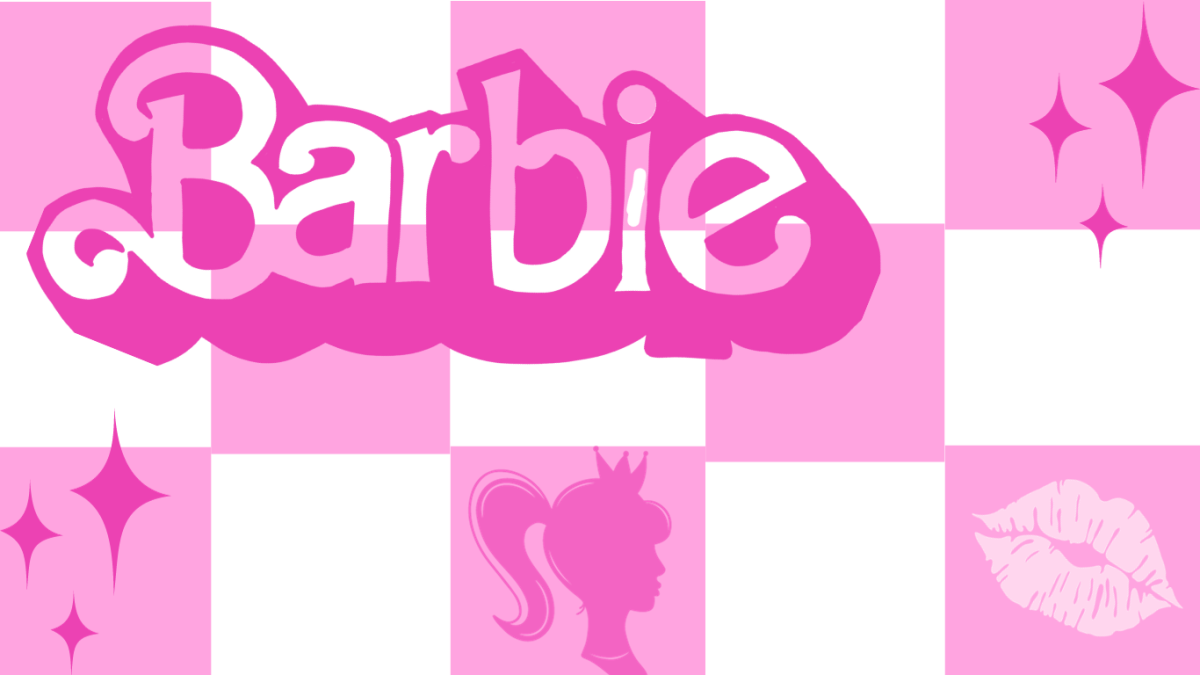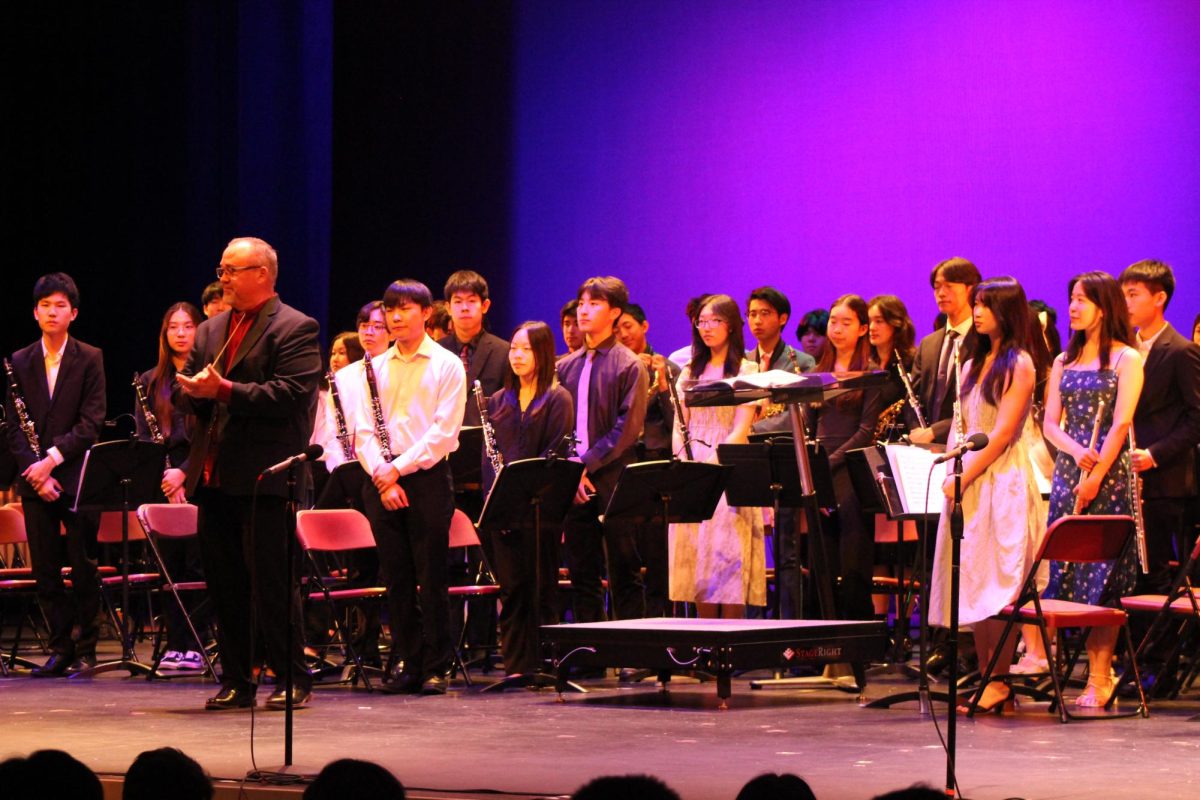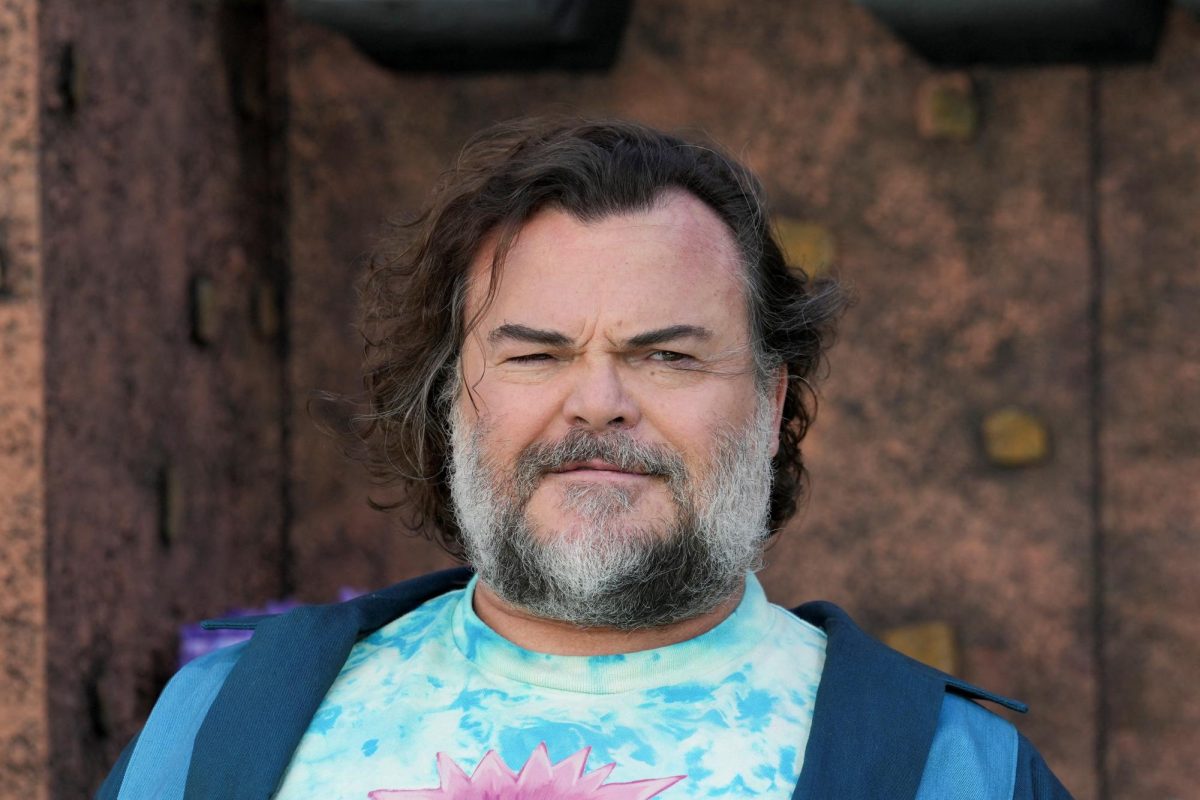As you unlock your phone, you can’t escape the prevailing chatter about the Barbie movie. But what exactly is it, and why is everyone so captivated by it?
Derived from the iconic Barbie fashion dolls, created by American businesswoman Ruth Handler for Mattel, Barbie marks a significant shift in the cultural consciousness as the first live-action adaptation of the doll, following a string of computer-animated films and specials (such as Barbie in the Nutcracker and Barbie as Rapunzel) that many of us may fondly recall from Netflix. In this iteration, Margot Robbie, an Australian actress and producer known for works like Harley Quinn: Birds of Prey and The Suicide Squad, takes the lead role of Barbie with Ryan Gosling, a Canadian actor known for La La Land and The Notebook, cast as Ken. Together, they embark on a journey of self-discovery spurred on by an existential crisis.
American actress, director, and producer Greta Gerwig first garnered attention after working on and appearing in several mumblecore films, a subgenre of independent film characterized by naturalistic acting and dialogue, such as Hannah Takes the Stairs and Nights and Weekends. The 2023 release of Barbie is at once a kaleidoscope of various genres and a rich tapestry of Barbie’s history. It’s part documentary-commercial, part musical theater, and part poignant mother-daughter redemption story. But beneath its entertaining exterior lies a deeper meaning.
In this cinematic experience, Barbie and Ken revel in the vivid and seemingly flawless world of Barbie Land. Yet, when the opportunity arises for them to explore the real world, they quickly encounter the joys and pitfalls of living among humans.
Barbie isn’t just a movie for amusement; it harbors a profound message regarding modern feminism. It offers metamodern ideas and suppositions that are contradictory to modern and postmodern people alike, a lens through which we examine the doll’s role in our world and its connection to the construction of our identities. Through Barbie, the film holds up a mirror, inviting us to explore the collective aspects of our identity.
In the narrative, Barbie grapples with the disconcerting loss of her quintessential Barbie essence. She questions the notion of mortality during one of her extravagant parties, an inquiry met with stunned, judgmental silence. After all, dolls don’t experience mortality, and their perfection remains untouched. To restore her perfection, she embarks on a journey to the “real world,” seeking to uncover the “truth about the universe.”
The catch, however, is that this truth reveals chaos, imperfections, and mortality—things Barbie herself never experiences. This stark contrast becomes Gerwig’s entry point for dissecting the constructed ideal of Barbie’s femininity. It prompts us to ponder why the pursuit of perfection remains alluring, even when its futility is acknowledged.
Gerwig also delves into the transition young girls undergo as they grow older and their once unwavering confidence and boldness give way to self-doubt. Barbie aims to explore why girls abandon not only their Barbie dolls but also the belief associated with them.
The film raises questions about Barbie’s relevance in a world where young girls seem to outgrow her. What purpose does she serve, and to whom? Who or what becomes their new source of inspiration? What prompts this abandonment, and what does aging signify when Barbie herself remains eternally youthful?
Barbie is a plastic paradox—the embodiment of a narrow vision of womanhood and a pervasive and unrealistic template for women’s bodies. She boasts a myriad of professions but has never worked a day in her life. She is ageless yet perpetually youthful, embodying both sensuality and innocence. Her influence reaches beyond childhood play, leaving a mark on adults.
The Barbie movie’s tagline says it all: “If you love Barbie, this movie is for you. If you hate Barbie, this movie is for you.” It’s a testament to the depth of the Barbie discourse that extends far beyond the movie’s release. Barbie represents “everything,” as the memes proclaim, and her film encapsulates a multifaceted exploration that invites us all to join in. In essence, Barbie is more than just an endless wave of pink; she’s a reflection of our evolving selves.







